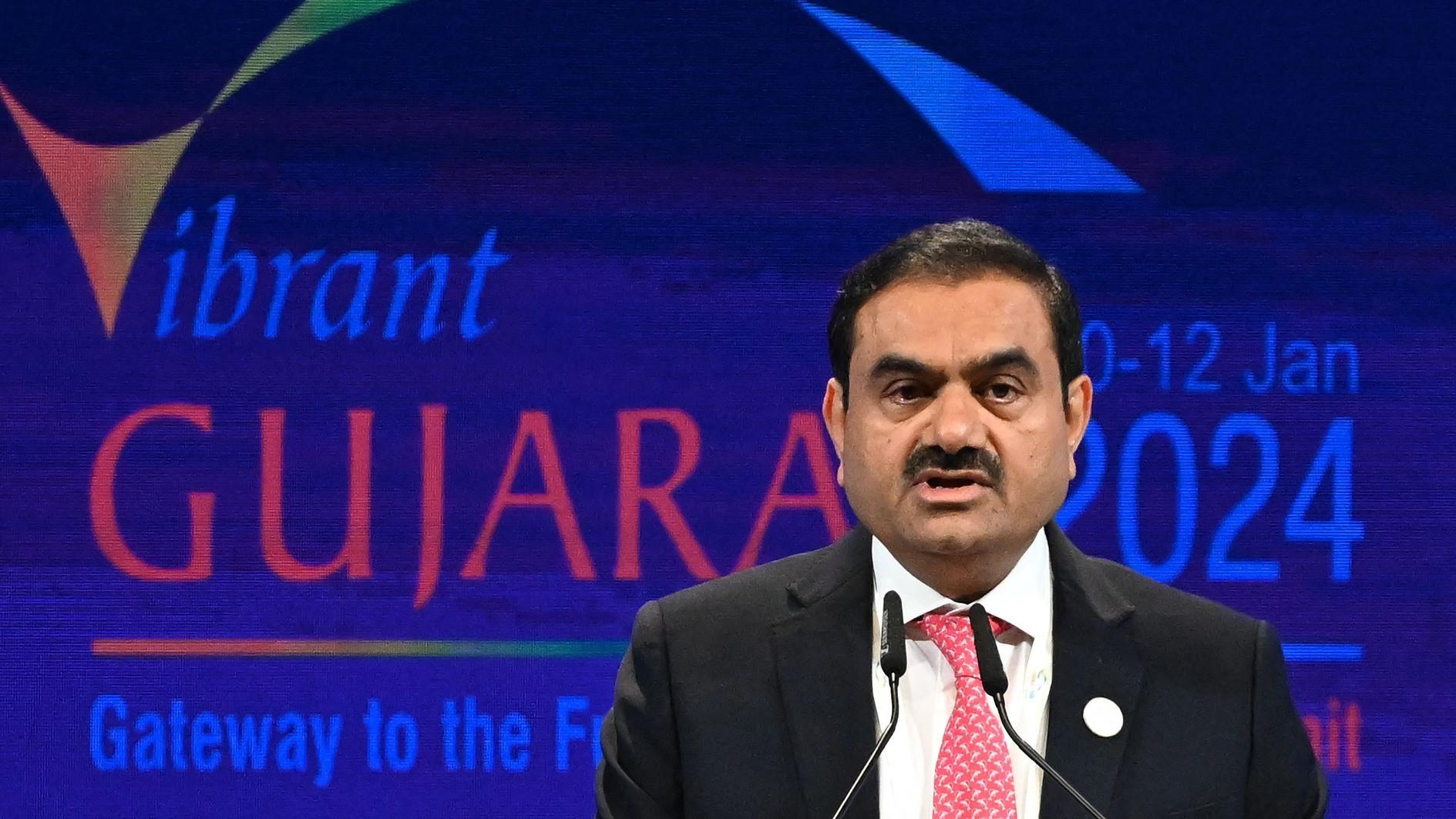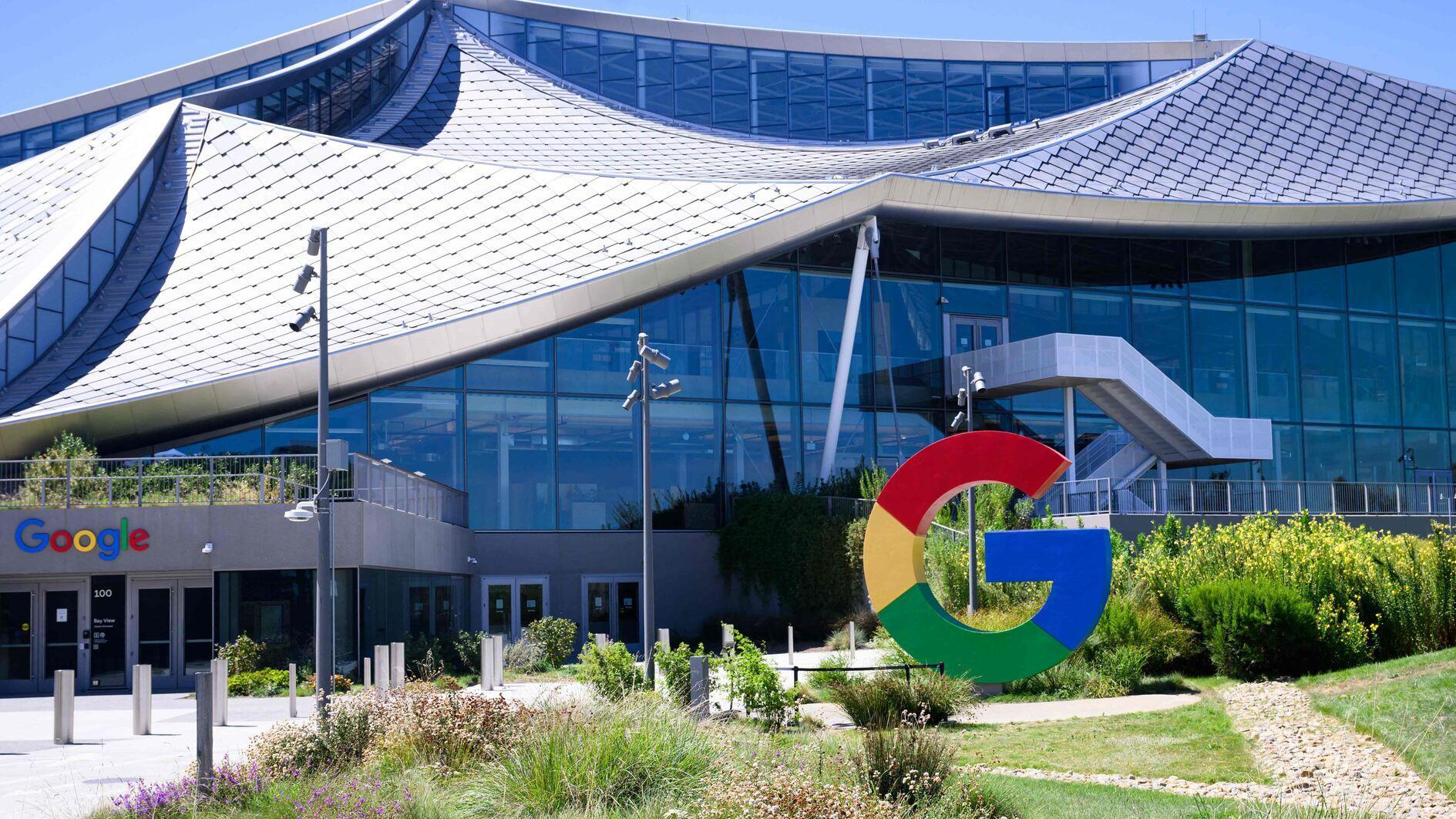According to Acemoğlu, the Turkish economy is in a critical state
Daron Acemoğlu is an Istanbul-born economy professor at one of the most respected universities in the world, the Massachusetts Institute of Technology and his name has been mentioned for the Nobel Prize.
Recently, he has been on the agenda because of his book “Why Nations Fail,” which he co-authored with James Robinson. Acemoğlu frequently visits Turkey. I had an opportunity to talk to Acemoğlu in Istanbul right after the Gezi incidents when he emphasized the risks the Turkish economy was facing.
He particularly drew attention to a sudden drop in the flow of “hot money.”
I had another opportunity to listen to Acemoğlu once again, almost nine months afterward. He was a speaker at the panel organized by Odeabank titled “Is 2014 a milestone for Turkey and developing countries?”
I can easily say that Acemoğlu made much clearer warnings about the Turkish economy compared to nine months ago. According to the economist, the year 2013 was hard for the world, but the year 2014 was going to be tougher and pressure on developing countries such as Turkey would be denser.
Acemoğlu said, “Developing countries are dependent on developed countries, both in terms of demand and technology. Europe’s problems are continuing and there is no demand. It is also in question that demand coming from the U.S. will slow down.”
This aspect is important: The loose monetary policy of the U.S. has finished and liquidity will come to an end. It will be countries like Turkey that have current accounts deficit that will suffer the most from this.
According to Acemoğlu, one of Turkey’s weakest links is institutional issues. Institutional weaknesses are also seen in Brazil, India and Indonesia among the countries known as the “Fragile Five.” For example, South Korea and Taiwan, which have stronger institutions, have overcome the Asian crisis more easily. Whereas just like Turkey, countries like Indonesia, Thailand and the Philippines are having difficulty recovering.
Acemoğlu stated that another of Turkey’s problems was “high consumption-low investment.” Also, the fact that economic dynamics were not adequately transparent is an issue in itself.
The diagnosis of the economist is actually like a close up on the corruption claims we have been witnessing lately: “It is very difficult for businessmen in Turkey to do business without being close to the government. Politics and economy are too intertwined. Zuckerberg, who set up Facebook in the U.S., did not ask for assistance from any American congressman. He found his capital and founded his business,” said Acemoğlu, adding, “Also, I have not heard the businessperson who set up Twitter having asked for support from the American administration.”
According to Acemoğlu, Turkey has entered a critical period and there is restricted optimism about the Turkish economy in institutions like the IMF.
However, as the perception changes, this would deteriorate even further the economist said, noting, “It should not be assumed that this would not be getting any worse.”
He is giving this serious warning: “The growth in the Turkish economy was made possible through the past seven years with domestic demand. How far would growth go depending on consumption and real estate incomes? Are we going to wake up? I’m not so sure. Will we suffer a major concussion before we wake up? Maybe.”











